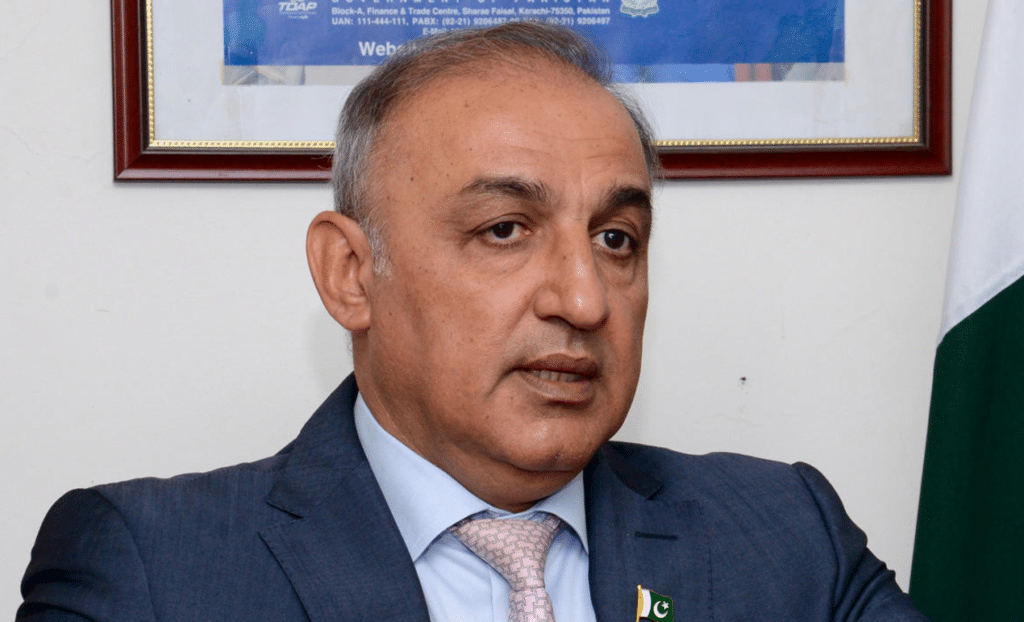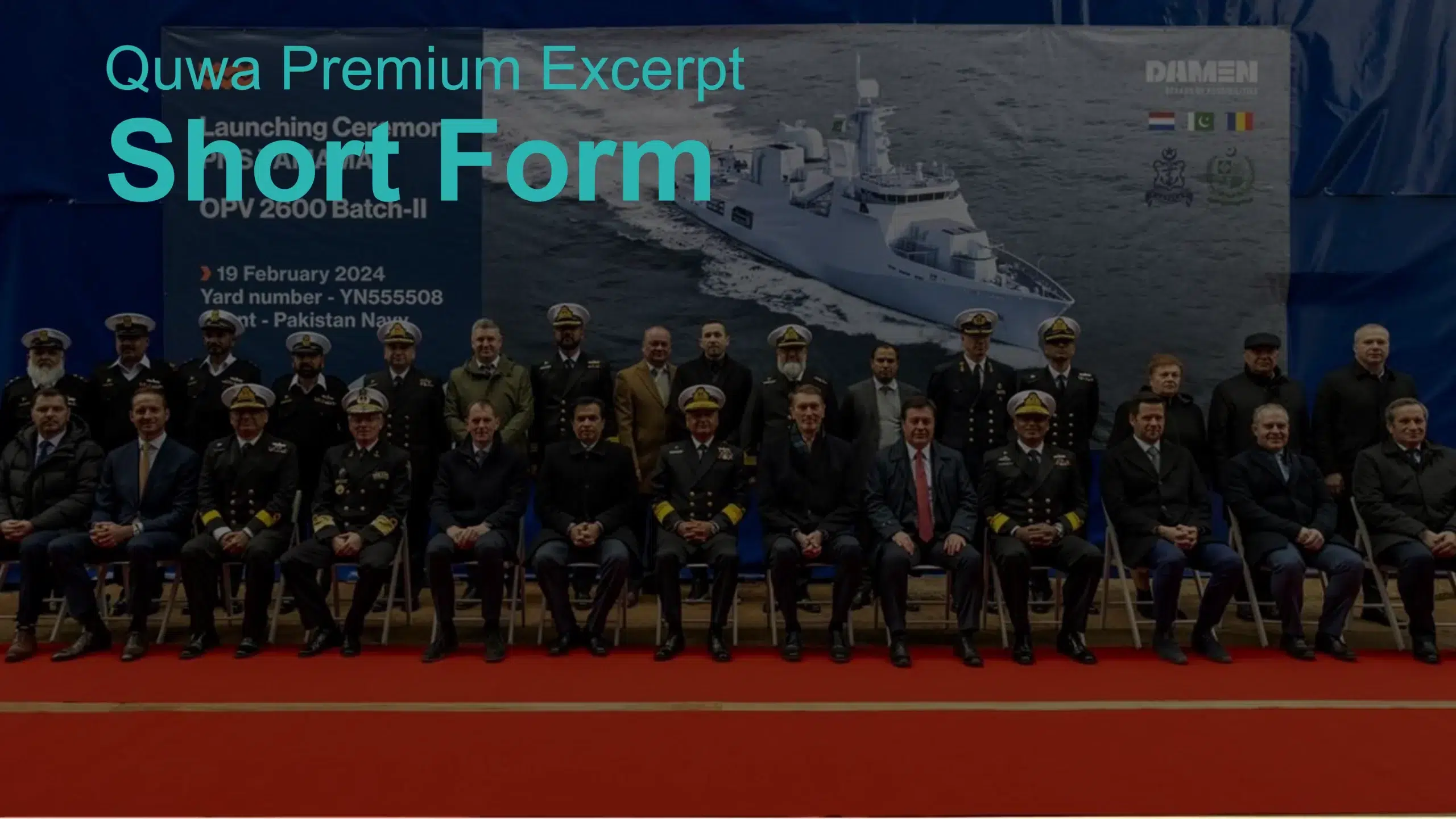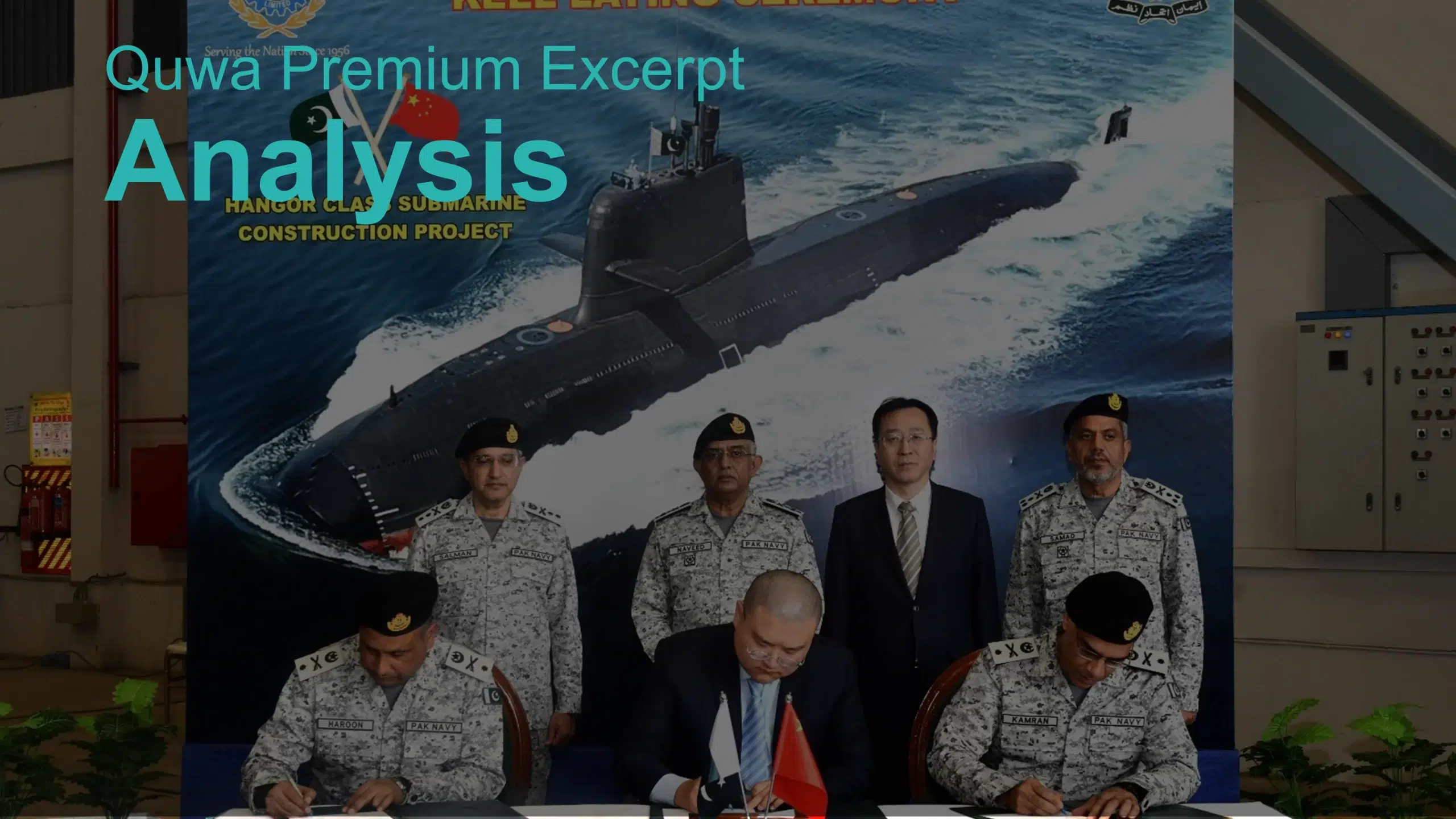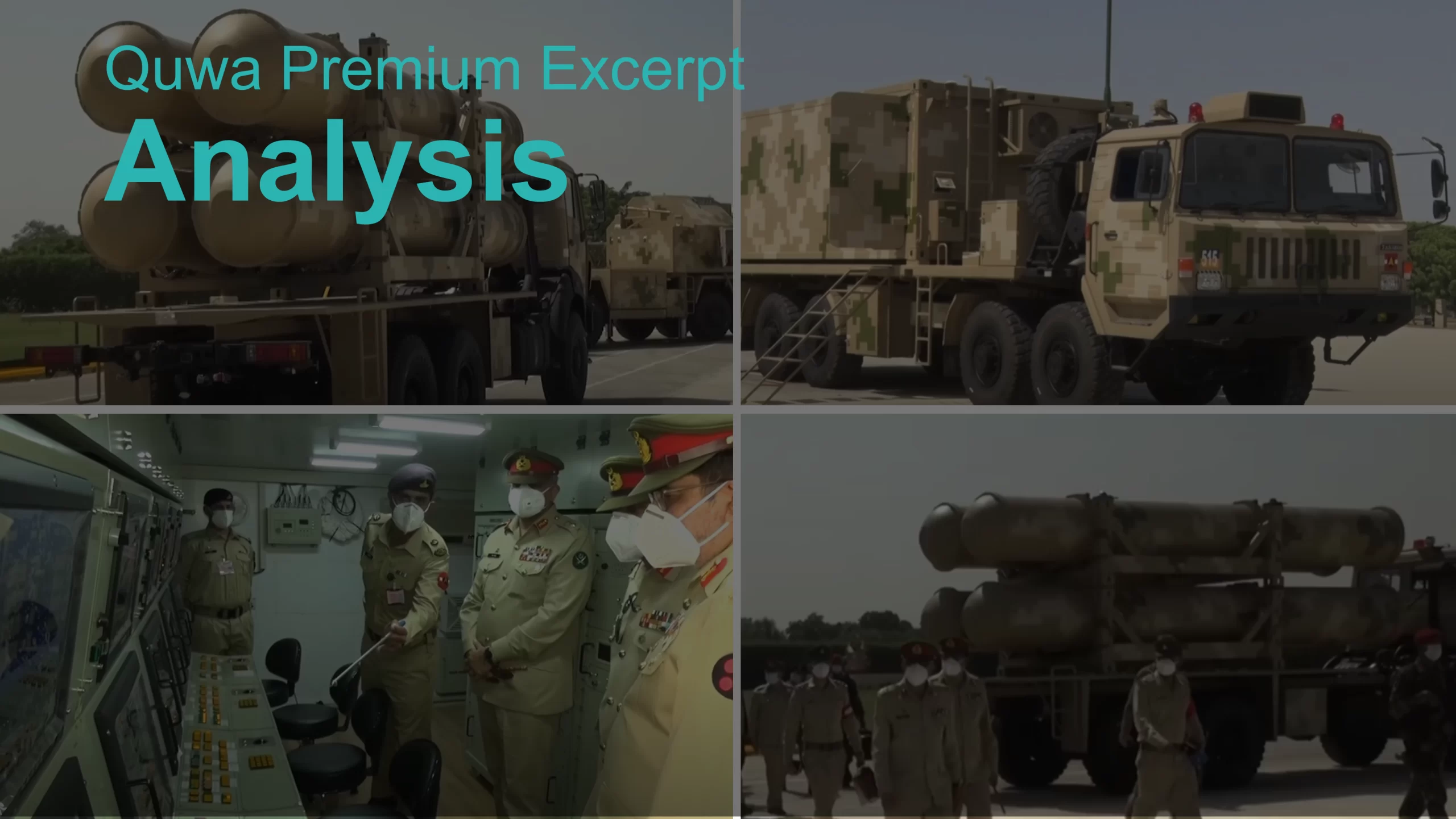Pakistan’s Ambassador to Azerbaijan Saeed Khan Mohmand told Azerbaijani media outlets (via AzerNews) that Islamabad was committed to strengthening defence ties with Baku.
In July, Pakistan Aeronautical Complex (PAC) was awarded a contract to supply 10 Super Mushshak basic trainers to the Azerbaijani Air and Air Defence Force (or Azeri Air Force).
Besides additional armament sales, Ambassador Mohmand noted that joint exercises and joint military production are also areas of bilateral interest.
These echo the sentiments of Azerbaijan’s Ambassador to Pakistan Ali Alizadeh, who had also called for bilateral military cooperation and joint defence production in December.
Notes & Comments:
In November, the Azeri Air Force reportedly rekindled its interest in the JF-17 Thunder multi-role fighter. PAC has been marketing the fighter as an affordable and effective successor to legacy platforms, including the MiG-21 and Su-25 currently in service with Azerbaijan.
A sale to Baku would be the third JF-17 sale. However, considering the apparent scale of its requirements and its relative affluence, a sale to Azerbaijan could amount to the largest defence export program for the Thunder, PAC and Pakistan’s defence industry to-date.
Although Pakistan is interested in securing big-ticket sales, Azerbaijan can prove to be a valuable partner in several fields. In fact, partnering and co-production appears to be one of Baku’s aims in its engagement with Pakistan. Such collaboration can provide economies of scale and co-funding support.
Interestingly, Azerbaijan also has ties with South Africa’s privately-owned defence vendor Paramount Group, which is co-producing its Matador and Marauder mine-resistant ambush-protected (MRAP) vehicles with the Azeri defence industry. With South Africa interested in expanding its defence ties with Pakistan, there may be several multilateral opportunities.
However, although pooling defence requirements can provide scale and support funding, differences in requirements and priorities will have a dampening effect on the collaborative potential. Theoretically, the two countries could explore potential in artillery guns, tanks, tracked armoured vehicles, wheeled light armoured vehicles, patrol boats, radars and air defence systems and naval solutions. While the potential is alluring, many of these are unlikely to come to fruition due to differing requirements and other factors.
However, there are more modest areas of possible collaboration that can be feasible, assuming they are of mutual interest. For example, both Pakistan and Azerbaijan are eager to equip their respective armed forces branches and law-enforcement agencies with light armoured vehicles, be it MRAP vehicles or light-armoured 4×4 utility vehicles. Pakistan could examine the prospect of buying into Azeri-South African efforts currently in place, contributing with scale and benefitting by receiving new vehicles and a portion of the parts manufacturing.
The two countries can also examine maritime security solutions. In fact, Azerbaijan reportedly operates Soviet-era Triton mini-SSKs. Karachi Shipyard & Engineering Works (KSEW) could look at replacing those mini-SSKs with its own new-generation mini-SSK. Other relevant areas could be fast attack crafts, patrol boats, search-and-rescue boats and rapid intervention boats. There are active bids or probable near-term requirements for these platforms in both countries. Moreover, pursuing them will not be as complex nor as costly as marquee defence programs.
Overall, focused exploration and genuine engagement can yield positive results, albeit in the modest areas of asymmetrical and internal security hardware. However, even ambitious realms of collaboration require substantive foundations, which can be built through comparatively low-cost programs, especially those with limited variance in technical requirements and complications.




